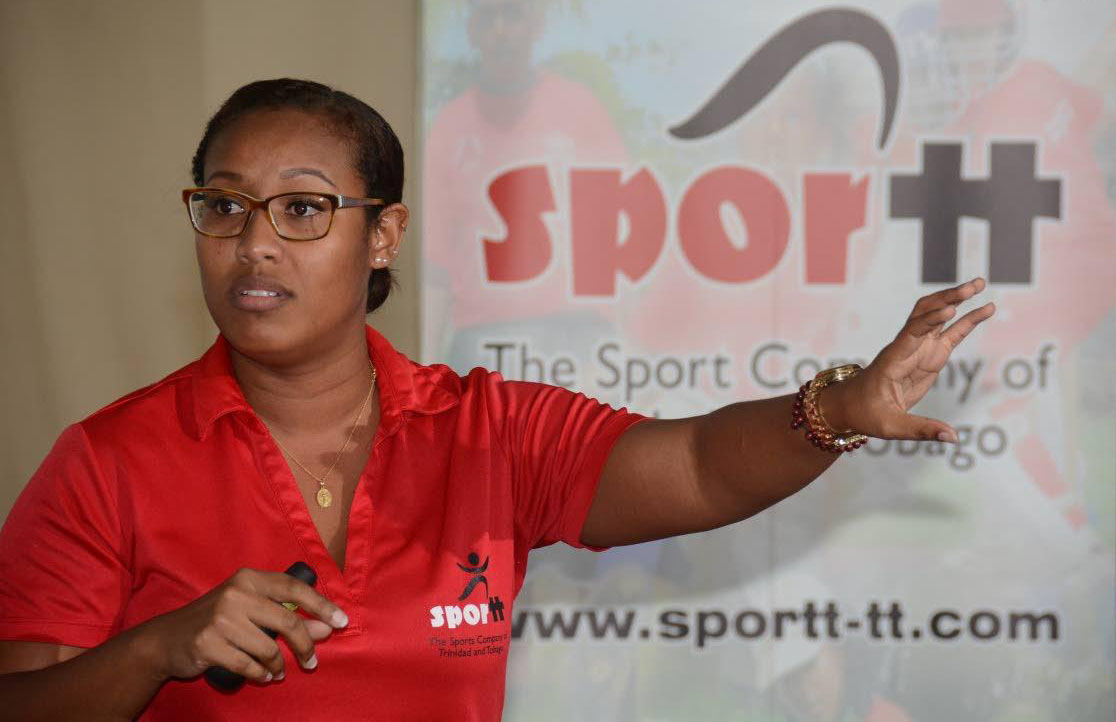Mental skills coach of the West Indies Women’s team, Amanda Johnson, believes athletes should utilize their time at home to improve their mental health.
Johnson, who is also a sports psychology consultant at the Elite Development Performance Unit of the Sports Company of Trinidad and Tobago, explained that due to the novel coronavirus, athletes are now left pondering their daily tasks rather than going through their busy schedules.
“I would say as we are all aware, nearly all our sporting events and major competitions are put on a hold, the subsequent question is does this mean the lives of the athletes have been put on a hold? The simple answer to that is no! Training should not be stopped, but modified,” she stated.
Johnson suggested that athletes should work closely with trainers and coaches to adjust their pre-existing training regimes to facilitate the current state of affairs. This, she noted, would help to maintain physical fitness.
Additionally, she recommended the use of the internet, especially YouTube for research and mental imagery which can be used to sharpen a skill.
“If we use a technique such as imagery effectively, it can become a part of you and by extension be used in live situations… this is a technique where one would use all their senses to recreate a situation example, being on the starting line of a 100-metre race or hitting a boundary,” she stated.
Johnson added, “Athletes can think of what muscles can be engaged in this process, how do you feel, what are your thoughts during this moment, and what does the environment look like and using these processes to replay how you would want to perform is powerful because the brain is extraordinary in how it stores this information.”
The psychologist explained, “Athletes also have some of the most demanding schedules so during this time they can also take the opportunity to work on time skills and things that can be done in smaller spaces and they need more attention to detail because they are very intricate.”
Johnson suggested that athletes who are accustomed to the structure, do not neglect this aspect of their lives but rather adjust it to fit their situation by setting goals and targets.
“I would say that there is a definite change in pace and what we have not acknowledged is there has been a lack of freedom. Most of the time athletes are not confined to small spaces, they have the fields or track or whatever they use, so, being confined to small spaces is a major issue. What I encourage my athletes to do is to maintain a daily schedule. They are accustomed to working on a time schedule so you would want to keep that as the norm. You would want to plan workouts ahead of time. We run well because of structure and not because nothing is going on means we must not have a structure in our life,” Johnson explained.
Moreover, Johnson posited that these times could also be used to unwind and try therapeutic exercises.
“In terms of putting your mind at ease, there are a lot of therapeutic exercises such as journaling and mind-fulling. These can help athletes catalog how they are feeling and intern, rationalize their thoughts and feelings so we can know when it is becoming too consuming or it is taking over or consuming your life and take a step back and replace it with something meaningful,” she stated.






